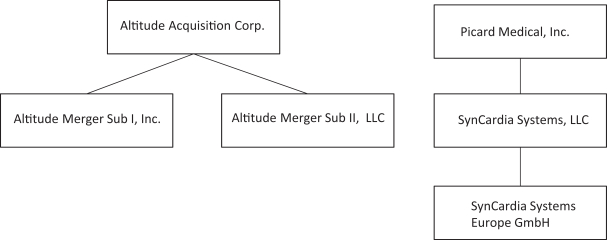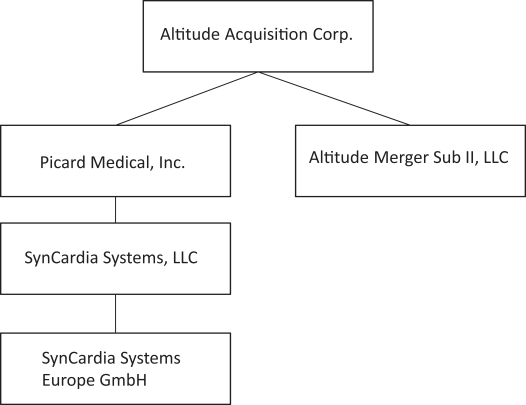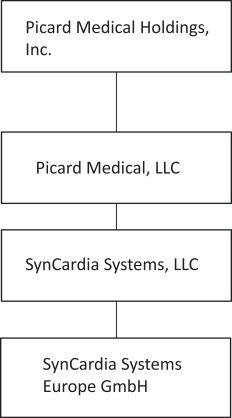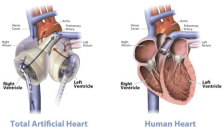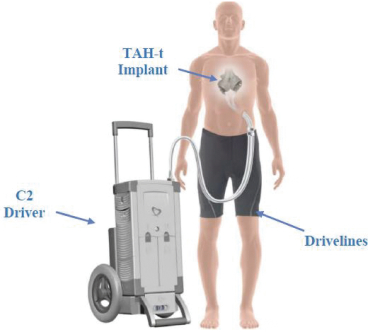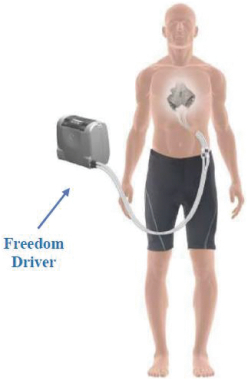“HSR Act” means the Hart-Scott-Rodino Antitrust Improvements Act of 1976,
as amended, and the rules and regulations promulgated thereunder.
“Indebtedness” means with respect to any Person,
(a) all obligations of such Person for borrowed money, or with respect to deposits or advances of any kind (including amounts by reason of overdrafts and amounts owed by reason of letter of credit reimbursement agreements), including with
respect thereto, all interests, fees and costs, (b) all obligations of such Person evidenced by bonds, debentures, notes or similar instruments, (c) all obligations of such Person under conditional sale or other title retention agreements
relating to property purchased by such Person, (d) all obligations of such Person issued or assumed as the deferred purchase price of property or services (other than accounts payable to creditors for goods and services incurred in the ordinary
course of business), (e) all Indebtedness of others secured by (or for which the holder of such Indebtedness has an existing right, contingent or otherwise, to be secured by) any lien or security interest on property owned or acquired by such
Person, whether or not the obligations secured thereby have been assumed, (f) all obligations of such Person under leases required to be accounted for as capital leases under U.S. GAAP, (g) all guarantees by such Person, (h) all
liability of such Person with respect to any hedging obligations, including interest rate or currency exchange swaps, collars, caps or similar hedging obligations, (i) any unfunded or underfunded liabilities pursuant to any pension or
nonqualified deferred compensation plan or arrangement and (j) any agreement to incur any of the same.
“Independent
Director” shall mean, with respect to any corporation, a member of the board of directors of such corporation that qualified as an independent director under the Securities Act and Nasdaq rules.
“Intellectual Property” means any and all intellectual and industrial property and all worldwide rights, title and interests
therein and thereto (whether registered or not) including those arising out of or associated with any of the following (a) patents, published, or unpublished patent applications (and any patents that issue as a result of those patent
applications), provisional patent applications and similar filings, inventions (whether or not patentable and whether or not reduced to practice), invention disclosures, and industrial designs, together with all continuations, continuations-in-part, divisionals, reissues, reexaminations, renewals, revisions, substitutions, and extensions thereof, (b) copyrights, design rights and rights in
works of authorship and copyrightable subject matter, together with any moral and economic rights of authors and inventors and rights of attribution and similar rights related thereto, including all rights of authorship, use, publication,
reproduction, distribution, and performance, transformation and ownership, together with all other interests accruing by reason of international copyright conventions, (c) trade secrets and confidential information, and other proprietary
information, including know-how, inventions, technology, improvements, protocols, processes, procedures, methods, research and development information, industry analyses, architecture, layouts, drawings,
specifications, formulae, techniques, discoveries, designs, plans, concepts, creations, models, customer and supplier lists, business and marketing plans and proposals, pricing and cost information and algorithms (collectively, “Trade
Secrets”), (d) trademarks, trade names, logos, service marks, brand names, trade dress, business names (including any fictitious or “dba” names), slogans, symbols, and other similar designations of source or indicia of origin
together with all goodwill of the business symbolized by or associated with any of the foregoing (collectively, the “Marks”), and Internet domain names, (e) Software, (f) technical data, and databases, compilations and
collections of technical data, (g) social media accounts and (h) any registrations or applications for registration for any of the foregoing anywhere in the world.
“Intended Tax Treatment” has the meaning set forth in Section 2.4.
“Investors’ Rights Agreement” means that certain Investors’ Rights Agreement, dated September 27, 2021, by and
among the Company and each of the investors listed on Schedule A thereto.
“IPO” means the initial public offering of
Parent pursuant to the Prospectus.
“IT Systems” means any and all Software and technology, including information
technology and computer systems, servers, sites, circuits, networks, workstations, routers, hubs, switches, data communications
A-9
